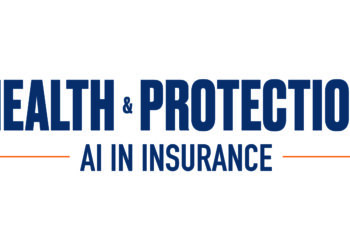For any insurer, understanding the risk that is being priced is an essential part of the application process.
For a life insurer who might be agreeing a policy that will typically be held for 25 years, there’s even more to understand.
Having a detailed picture of the customer’s health, lifestyle plus personal and family medical history is vital to ensure the right cover is in place at a fair price.
Dealing with sensitive personal information however rightly comes with additional responsibilities.
In 1988, the Access to Medical Reports Act was put in place to give customers a right of access to the medical information provided to insurers and employers.
In 2017, the ABI worked with the British Medical Association and the Information Commissioner’s Office to develop principles for how the agreement could apply to electronic reports.
Many insurers and GP practices have since moved away from paper reporting, but some on both sides still have not.
Understanding the barriers
Recognising the myriad of other daily increasing pressures on GP services – and not least that two years of this period were spent fighting a global pandemic – we wanted to understand the barriers that are preventing further use of electronic reports.
In a digital age, there are many benefits to moving away from paper reports for both GPs and patients.
Our understanding is that using electronic reports should be a more efficient use of the GP’s time, speed up the process for the customer and improve the security of the data.
Over 300 GPs and practice managers replied to a survey we commissioned through GP Online.
The results support our understanding: 79% of respondents who use electronic systems for insurer reports said it reduces administrative burden; 83% of the same group said speed is a benefit.
While clearly GP practices have competing demands on their budgets, only 2% of respondents who currently use the software said it could be improved financially.
On the flipside, nearly a third of the respondents who do not yet use the software said they would need more information before considering it.
Over a quarter of those who do use it also said they still receive some paper requests from insurers.
We’re talking to our members to understand why this is the case and how we can encourage more consistent use of EHRs across the industry.
Statutory mechanism not fit for purpose
As a next step, we’ll be talking to more stakeholders across the medical community to understand how we can raise awareness of electronic reports.
We recognise this will only alleviate one small pressure point on the system and sometimes the software has a cost.
The insurance industry has a responsibility to work constructively with the primary care sector and regulators to help alleviate these pressures and improve patient outcomes.
That’s why we’re calling for a review of the statutory mechanism for obtaining medical information for insurance.
While it might have been the right approach at the time, we believe it is no longer fit for purpose.
We would like to work together to develop a solution that’s better for customers, GPs, and their patients.
We fully appreciate the increasing financial and time pressures placed on GPs, and that insurance reports are not a priority.
But with a consistent decline over several years in the GP workforce and the overall reporting burden set to increase, adopting electronic reports would be one small and quick win for GPs and insurers, and ultimately, the customers who both GPs and insurers work hard to protect.






